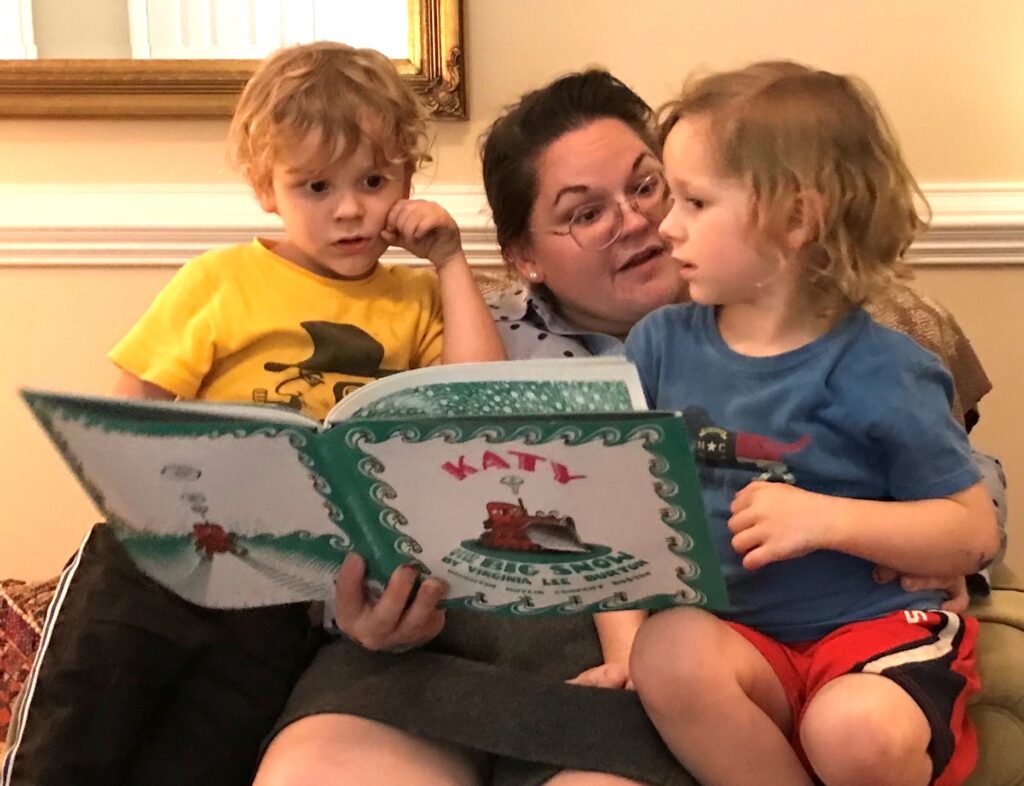Until I took the course Teaching Critical Thinking Through Art,* I asked my students “Why?” Afterwards, l changed my question to “What makes you say that?” and I received more responses.
Children gave ready answers to “What makes you say that?” instead of hesitating over “Why?”
“There has been a fire,” one student stated after examining a print of Romare Bearden’s The Piano Lesson.
“What makes you say that?”
She pointed to something I had not noticed—black spots on the green wall.
What makes students respond more powerfully to “What makes you say that?” compared to the simpler “Why?”
Does the first imply the student has evidence to present? Does the latter imply a need to defend? I decided I prefer to be asked, “What makes you say that?” because it implies a willingness to listen.
For more information about this question, see chapter six in Making Thinking Visible by Ritchhart, Church, and Morrison.

Which is your preference? “Why?” Or “What makes you say that?“
*See here.





